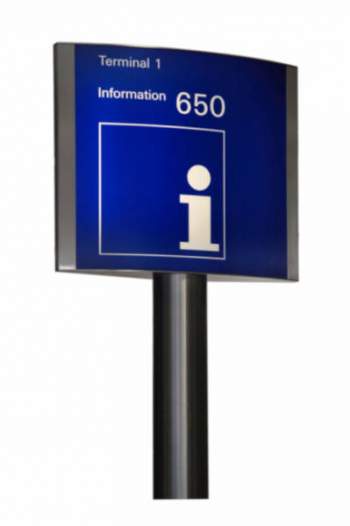
A Full Guide to an Eminent Domain

Eminent domain deals with the power held by a government to take over a property owned by a private person, for the purpose of public use. This can be for construction related to the building of schools, government buildings, airports, new roadways. It can also relate to simple things such as utilities, like a telephone wire, or running gas, power, or water lines through a property. The owner of the property is compensated by that government for their property, and the amount is subject to a fair market value. The property owner has the right to be notified with a sufficient amount of time ahead of the proposed action, as well as granted the right to a hearing. They can choose to accept the offer, and the compensation, or seek action in court to fight against the eminent domain cause given. The owner can also argue over the compensation amount if they do not agree with its fair value.
Background
The law of eminent domain has existed for quite some time to allow for the modification of existing areas to better fit the changing world of today. This can be whether a community is in dire need of a new school, or perhaps recreational facility, or even a roadway leading into it. It also makes an effort in an attempt to be feasible with the property owner in compensating them for their property, as well as showing them what a benefit to the community their relocation would be. Eminent domain allows for government to redevelop slums, build new airports, facilities, and buildings necessary to improving an area, while doing so legally and justly. Given this right, governments have been able to make changes nationwide in the United States, in relation to a better quality of life for communities and its residents.
Legal Implications
The legal issues that arise with eminent domain relate to a conflict of interest or compensation between the owner and the pertaining government. The property owner can sometimes argue that the government in question does not have a reasonable cause to take over that land, or that the intended public use is not beneficial ,as defined by the law, to the general public, or solely to them. This can happen when the use of the land will be for profit, or if the project proposed does not hold a true necessary benefit or use for that community. There is also a conflict when the owner is not compensated sufficiently for his land, below the fair market value. This can create a long and tedious court process, dealing with extensive real estate research and well experienced attorneys.
Criticisms
Heavy criticism lies on the side of those opposed to the use of eminent domain by the respective governments. This is a huge problem when private enterprises use state or city officials to exercise their power of eminent domain, for their proposed projects. This can happen in the cases of certain profitable (but also beneficial) sports facilities, shopping centers, stores, etc… Those relocated in cases from eminent domain will always present a disapproval of their forced move, but in these cases those numbers rise. The reason being that the property owners do not see the right of these private businesses to have them move simply because they want to construct their profitable projects on their land. In these instances, the general public may argue that there is an abuse of eminent domain laws by these companies through the officials. This can cause a greatly heated debate, as well as extensive court battles and other legal issues.
Lawyers
Eminent domain lawyers are essential to cases that pertain to the law being enforced on property owners. These lawyers are crucial to those seeking defense and those enforcing the eminent domain. (governments). Since public use is strictly defined under the law, the government must prove beyond a reasonable doubt that the land being taken over, is being used for the benefit of the general public primarily. They must also present that any compensation offered to the owner for their property is just and fair, as per the market value of the real estate. The property owner can hire the services of an eminent domain lawyer, if they see themselves forced out without a reasonable cause, or need for the government to take over that land. They can also use the attorney in a hearing to state their claimed value of the land, if an insufficient amount was offered as compensation.



















